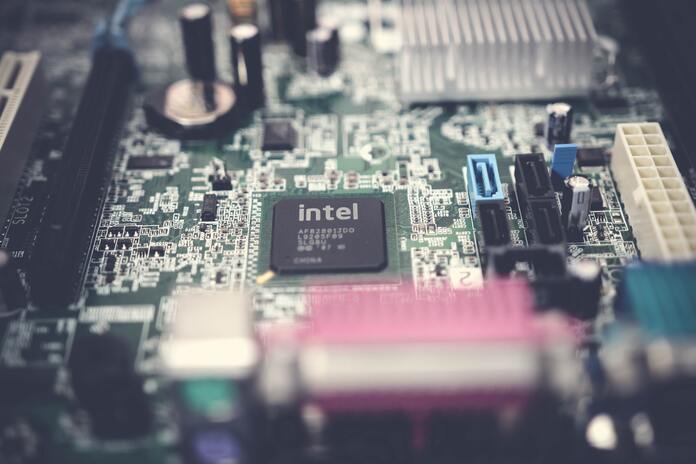Intel (NASDAQ:INTC)
To get funding from the United States Children’s Health Insurance Program (CHIPs Act), firms like Intel (NASDAQ:INTC) and others in the semiconductor industry are requested to offer predictions of their sales and profits.
In a paper, the United States Department of Commerce said that the financial accounts would be a “key aspect” of how the program examines programs and assesses their sustainability. Other factors that would be considered include economic returns, risks, and the size and scope of projects.
In addition, the government agency presented a manual on how to construct models for the operations of the new facilities and a tool based on Excel that can be used to get the process started.
Beginning on June 26th, applications may be submitted for constructing facilities. That was reported in the Wall Street Journal.
The forecasts contain specifics like the number of wafers projected to be sold from the factory, the anticipated price per unit, and the yearly price shifts.
Profit-sharing measures for enterprises that “substantially exceed the estimates,” including the projections used to establish the degree of profitability, may be found in the $52B CHIPs Act, which is a contentious provision in and of itself.
The CHIPs Act provides incentives for domestic manufacture and an investment tax credit for chip facilities that is anticipated to be worth $24 billion over the next decade. In light of the growing geopolitical tensions, notably with China, the law was drafted to decrease dependence on the manufacturing of semiconductors in other countries.
In August of 2022, President Biden gave his signature of approval to make it a law after it had been approved by both houses of Congress on a non-partisan basis.
After the bill’s passage, Bank of America said that Intel stock would be the “largest winner” of the law. Nevertheless, the bank stated that the law was not a silver bullet to solve the firm’s problems.
Featured Image: Pexels @ Pok Rie









